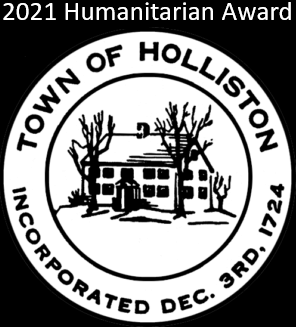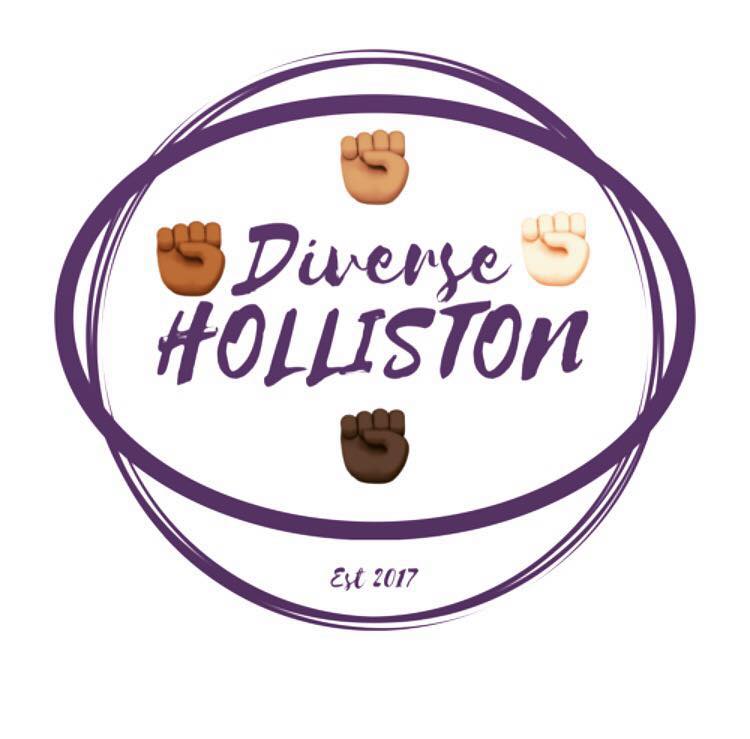Medication Myths
Medication is not for everyone and as a psychologist, it is not my first line of defense. However, for many, medication is like being given a lifejacket when you are drowning. It saves you from sinking and lets you breath so you can begin to learn how to swim on your own. If you are drowning, it will be hard for you to learn the skills to “swim” in therapy. I do not prescribe medication but I will work with you to find a prescriber and I will collaborate with that person.

Here are some medication myths:
I’ll be a zombie or I won’t be “me” on medication
If you are a zombie while taking your medication, it isn’t working. As a profession we have come a long way from “One Flew Over the Cuckoo’s Nest”. If you feel numb, emotionless, or mentally foggy on your medication, you are not on a therapeutic dose. Either the dose or the medication itself will be changed. When a medication is working, you will feel like yourself, but without the intensity of the symptoms you were feeling. They may even disappear entirely. Your symptoms do not define you, but rather, they get in your way. If medication reduces or eliminates your symptoms, then this is the “you” that you are meant to be.
Medication means I’m weak
Would you tell someone who is nearsighted they are weak? Take their glasses away and say “suck it up”? Taking medication you need is like putting on your glasses. You could certainly get through the world without them, but why on earth would you do that? Beginning a medication means you are smart and strong enough to know when something in your life needs to change. Even the best swimmer in the world could not swim with a rock tied to their foot. Medication removes the rock.
I will become dependent
Most of the medication that you would be prescribed is non-habit forming, non-addictive. If you choose to take the medication for an extended period of time, or forever, it will be because you have decided that you like the way you feel while taking it better than the way you feel when you don’t.
I’ve tried medication before and it didn’t work
There are lots of different medications on the market. Your prescriber can work with you to try a different dose, type, or combination of medications. Also, if you never tried medication with therapy, this can make an enormous difference as well. Medication can only treat your brain chemistry for as long as you are taking it. Therapy, on the other hand, has the power to make long lasting changes in your brain that will remain long after you have terminated therapy. Medication can be the secret to getting you to a place where you can benefit from the skills and insights therapy has to offer.
While working with medication, therapy can help you: address problematic patterns in thinking, change your behaviors in relationships, help you make changes in your environment, identify what has been getting in the way of you achieving your goals, learn to cope with your emotions, learn skills for improved communication, and much more.
Medication will change my brain forever
Literally every new thing that you do changes your brain forever. Medication can only treat your brain chemistry for as long as you are taking it. Research has shown that depression and anxiety can have long-term negative effects on your mental and physiological health. Depression and anxiety are both associated with an increase in the hormone cortisol, which, in large doses over time, is toxic for your brain and overall body. Medication can help you manage your symptoms and keep your cortisol levels from causing long-term damage.
The side effects are unbearable
Being on a therapeutic dose of medication means optimizing symptom reduction with the least amount of side effects. Many people experience no side effects. For those that do, medication dosages, types, and combinations can be adjusted. In addition to this, changes in environment, behavior, and diet can also be helpful.







